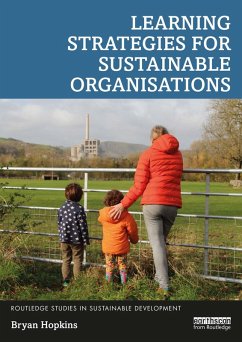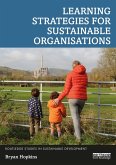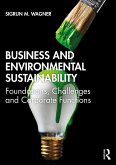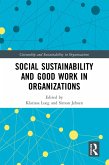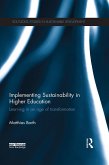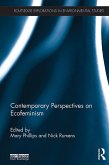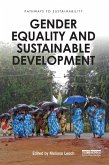Dieser Download kann aus rechtlichen Gründen nur mit Rechnungsadresse in A, B, BG, CY, CZ, D, DK, EW, E, FIN, F, GR, HR, H, IRL, I, LT, L, LR, M, NL, PL, P, R, S, SLO, SK ausgeliefert werden.
Eugene Sadler-Smith, Professor, Surrey Business School, University of Surrey, UK
'In a world where many organisations pay lip service to sustainability, Learning Strategies for Sustainable Organisations is a must read for businesses serious about sustainability. Full of thought provoking questions, strategies and knowledge, this book accelerates our understanding of the sustainability agenda and how to create critical and transformative initiatives.'
Helen Routledge, CEO, Totem Learning, UK
'There are many books on sustainability or organisations or learning and some which combine two out of the three, but Learning Strategies for Sustainable Organisations is the first to bring all three together in a coherent manner. The sustainability challenge is mightily complex and where it is difficult to see the wood for the trees. But Bryan Hopkins examines many trees and shows how they can work together as a wood through systems thinking. And in particular he charts a path through the wood that is recommended reading for all concerned with devising learning strategies for organisations that can help them face up to the sustainability challenge.'
Andy Lane, Professor of Environmental Systems, The Open University, UK
'Bryan Hopkins has what it takes to have written a book with profound insights into what to do in developing Learning Strategies for Sustainable Organisations. He is a critically reflexive systems thinker and practitioner with well-developed systems literacy and a high level of systemic sensibility, all garnered from life-experience, including self-motivated formal study underpinned by professional, experiential learning.'
Ray Ison, Professor of Systems, The Open University, UK

